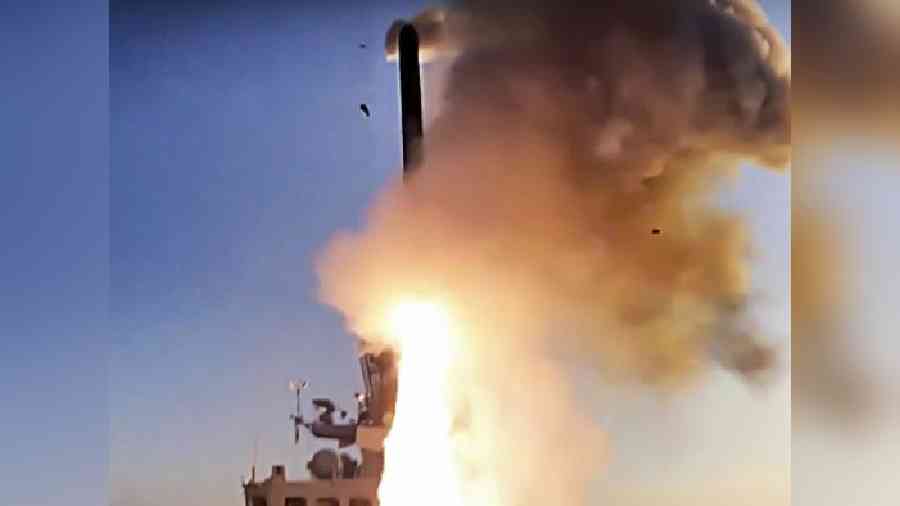The Russian missile and drone attacks that killed at least 19 people across Ukraine on Monday were traumatic and wide-ranging, but they were not as deadly as they could have been, in the context of a war that has included widespread civilian killing.
That has renewed questions over the quality of Russia’s weapons and about the capacity of its forces to carry out President Vladimir V. Putin’s military designs.
Ian Storey, a senior fellow at the ISEAS-Yusof Ishak Institute in Singapore, said it could be a sign that Russia’s guided missiles are not very effective, or that it is running short of precision munitions.
Most of the missiles targeted energy and other civilian services, in what Putin said was retaliation for a blast on Russia’s bridge to occupied Crimea.
“Perhaps it was Putin’s way of sending a warning shot across Ukraine’s bow: If you attack our infrastructure, we will ramp up attacks on your cities,” Storey said.
But he and other experts acknowledged that much about Russia’s arsenal remains unclear.
Many of Russia’s attacks have been long-range strikes that used outdated, unguided and imprecise missiles, including some from the Soviet era.
Ukrainian, Western and Russian analysts have said that the attacks appear to suggest that Russia is running low on its most sophisticated weapons.
Western intelligence officials say that Russia used up many of its most accurate weapons, including cruise missiles and certain ballistic missiles, in the early days of the invasion.
Russia’s arms industry has long relied heavily on imported electronic parts.
As a result, sanctions appear to have limited the Kremlin’s ability to restock its supplies.
New York Times News Service











